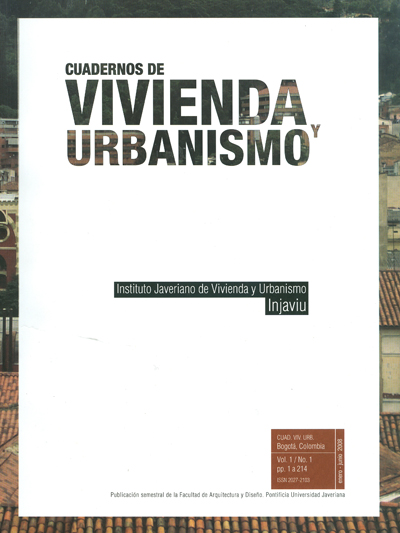The Political Economy of Poverty and Social Inequality:The Case of Montería
##plugins.themes.bootstrap3.article.details##
This text is the result of an investigation about the current state of poverty and social inequality in the city of Monteria. The information is presented based on the main theories that support social public policy and the Political Constitution of Colombia. At the same time, the text emphasizes the theories on human capacities proposed by Amartya Sen. The target population includes all the social class levels of the urban population of Monteria (1, 2, 3, 4, 5, and 6). A probabilistic, stratified and multistage research design was utilized for all homes with 5% variance interval. The sample size included 292 homes. The study concludes that 20.28% of the homes in the city are in absolute poverty; homes in the 1, 2, 3, and 4 social class levels have at least a 20% of the Basic Needs unmet; and 19.18% of the total homes have their desires unsatisfied.
Desigualdad, Montería, necesidad, pobreza, política, socialDesigualdade, Montería, necessidade, pobreza, política, social.Inequality, Monteria, need, poverty, social, policy


